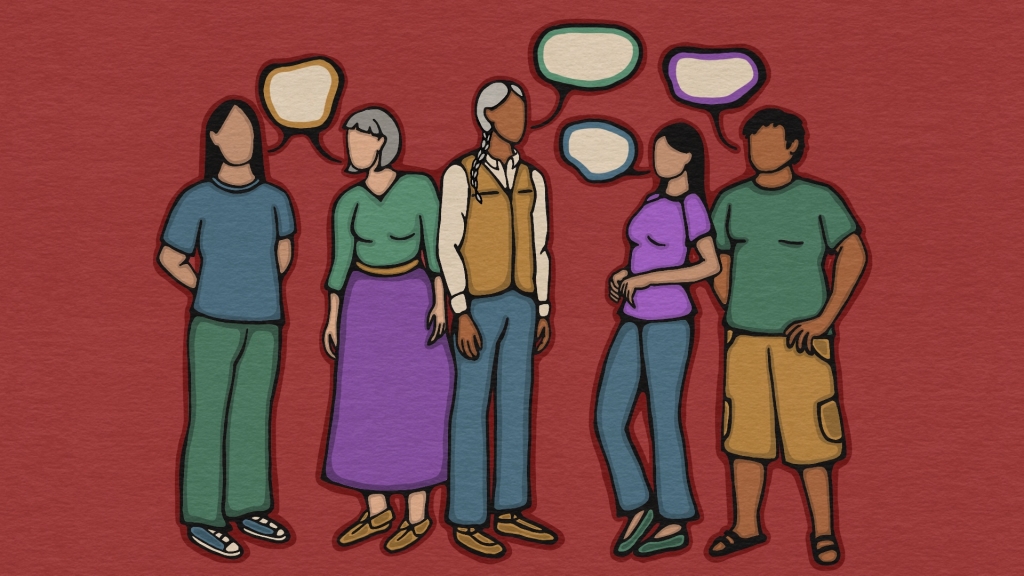Laura Michel is an Adams Lake Band member from the Secwepemc Nation in the BC interior. Grandchild of Joe and Anna Michel and Les and Lucy Williams. She is a Thompson Rivers University alumni, with a Bachelor of Arts, with a Major in Theatre and a Minor in Sociology. Her personal work in the community is focused around community-engaged arts, including currently serving on the Board of Directors for the Kamloops Film Society and a former Board Member of the Kamloops Arts Council. Her recent work as a playwright includes When Did I Lose You? a piece about Missing & Murdered Indigenous Women and girls was originally broadcast as part of Western Canada Theatre's -A Broad's way Cabaret - for International Women's day. Echoes of the Homesick Heart, her full length Multigenerational Language Verbatim Theatre project has recently premiered with Western Canada Theatre. This project has been completed with the aid of TRU CURA ( Thompson Rivers University - Community University Research Alliance), Canada Council for the Arts, and First Peoples Cultural Council.
Laura Michel est membre de la bande d’Adams Lake de la Nation Secwepemc du centre-sud de la Colombie-Britannique. Petite-fille de Joe et Anna Michel, et de Les et Lucy Williams, elle est titulaire d’un baccalauréat ès arts, avec majeure en théâtre et mineure en sociologie, de l’Université Thompson Rivers. Elle s’investit dans sa communauté par l’entremise des arts, notamment comme membre du conseil d’administration de la Kamloops Film Society et ancienne membre du conseil d’administration du Conseil des arts de Kamloops. En tant que dramaturge, on lui doit, entre autres, When Did I Lose You?, une pièce sur les femmes et filles autochtones disparues et assassinées, présentée pour la première fois en 2020 lors de la Journée internationale des femmes, au Broad’s Way Cabaret du Western Canada Theatre. Echoes of the Homesick Heart, son projet de théâtre documentaire multigénérationnel a récemment été présenté en première au Western Canada Theatre. Ce projet a été réalisé grâce au soutien de l’Alliance de recherche universités-communautés de l’Université Thompson Rivers, du Conseil des arts du Canada et du First Peoples Cultural Council.



